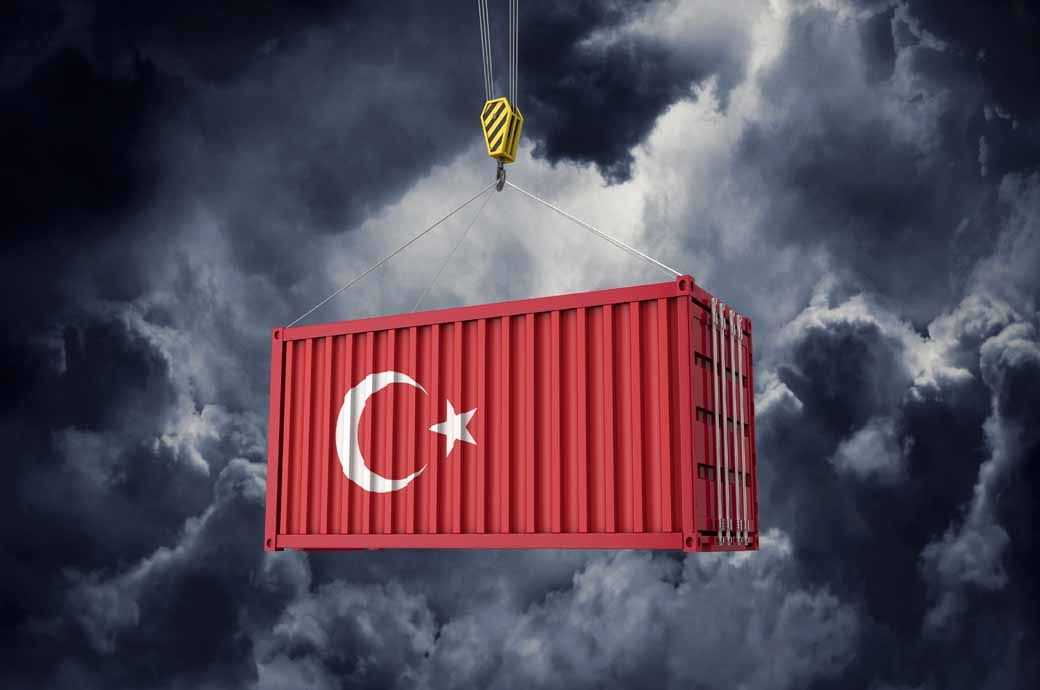Turkey’s inflation rate jumps to almost 50%
Receive free Turkish economy updates
We’ll send you a myFT Daily Digest email rounding up the latest Turkish economy news every morning.
Turkey’s inflation rate jumped to almost 50 per cent in July, halting an eight-month streak of slowing price growth as the weak lira, an overheating economy and higher taxes put consumers under strain.
Consumer prices rose 47.8 per cent in July compared with the same month in 2022, a pick-up from the annual pace of 38.2 per cent recorded in June, the Turkish Statistical Institute said on Thursday. Economists polled by FactSet had forecast a slightly lower reading of 45.8 per cent.
The stronger than expected increase in the inflation rate underscores how Turkey is still in the throes of a deep cost of living crisis, even as the new economic team that President Recep Tayyip Erdoğan appointed in June continues to unwind unconventional policies that were in place for years.
Under the direction of new finance minister Mehmet Şimşek, Turkey has abandoned its costly defence of the lira and allowed the currency to plummet by a quarter against the euro since the end of May. The weak lira makes imports more expensive, an increase that typically gets passed on to consumers and businesses through higher prices.

At the same time, the stimulus programme that Erdoğan launched before May’s election win is still filtering through Turkey’s $900bn economy. Big increases in the minimum wage and public sector salaries are expected to push inflation higher for much of this year, central bank chief Hafize Gaye Erkan said last week.
Şimşek has also boosted taxes on a broad range of goods and services, including a 200 per cent increase in petrol taxes. These measures, which are aimed both at cooling demand and refilling government coffers after the pre-election spending binge, are expected to be inflationary.
“We are in a transition period where disinflation and price stability are targeted,” Şimşek said on Thursday in response to the inflation figures, adding that “the main objective of our policies is to permanently reduce inflation to single digits in the medium term”.
Cafes, restaurants and hotels posted the biggest annual price rises in July, the peak of the summer tourism season, with an 82.6 per cent increase. The cost of basic necessities has also continued climbing rapidly: food costs jumped 60.7 per cent while clothing and housing costs climbed about 20 per cent.
The central bank has more than doubled interest rates since June, with further increases expected in the coming months in an attempt to tame inflation. Policymakers have also taken other steps that they hope will slow retail loan growth as part of a “holistic” approach to tightening monetary policy.
Erkan forecast last week that inflation would reach 58 per cent by the end of the year before falling to 33 per cent by the end of 2024 and 15 per cent the following year. However, many economists worry that Erdoğan, a long-term opponent of high borrowing costs, will not allow the central bank to raise rates to a sufficient level to cool down inflation.


